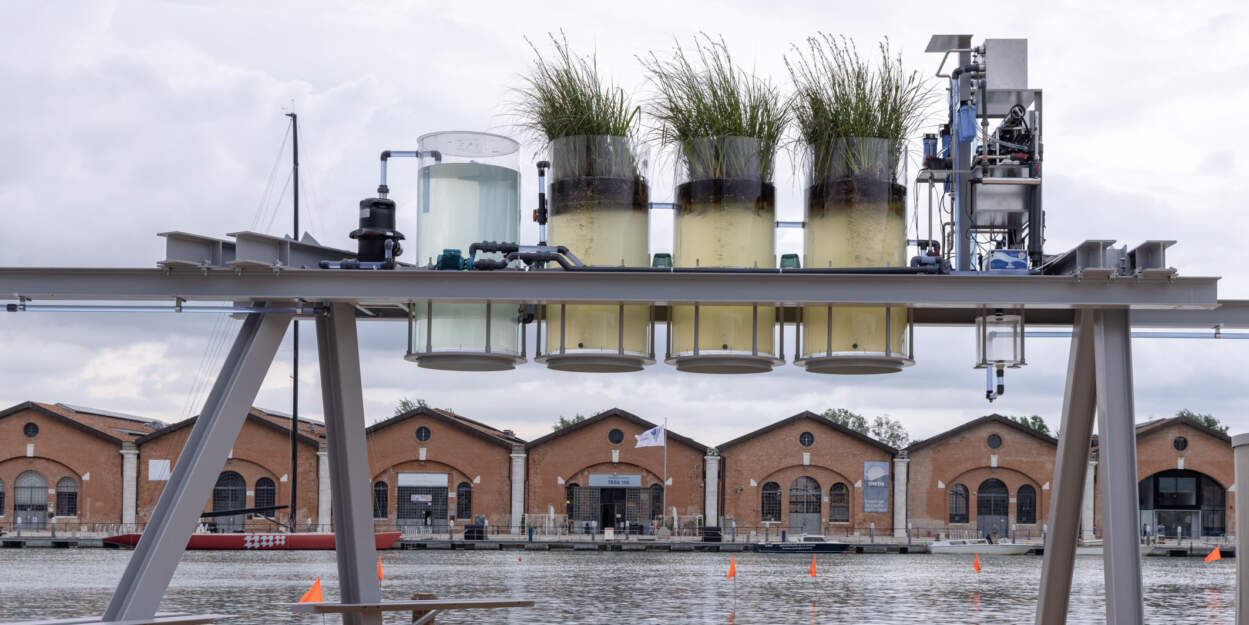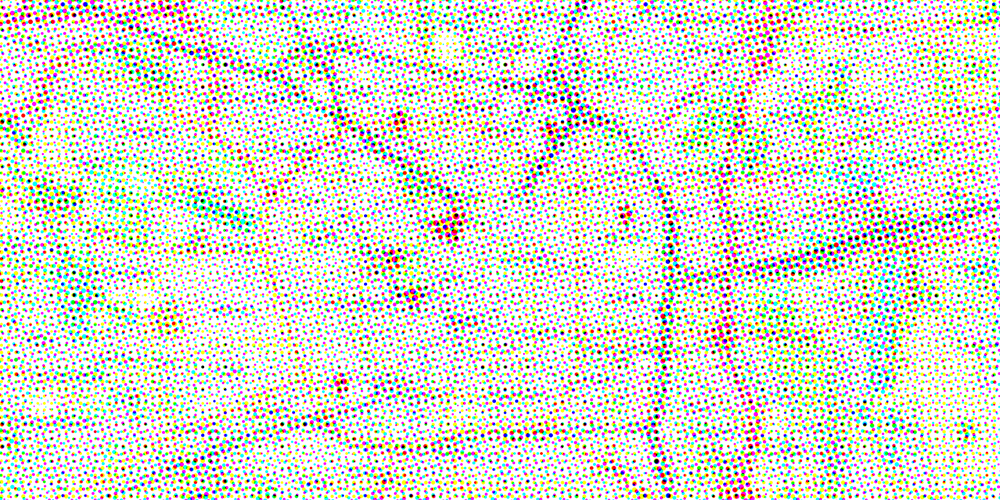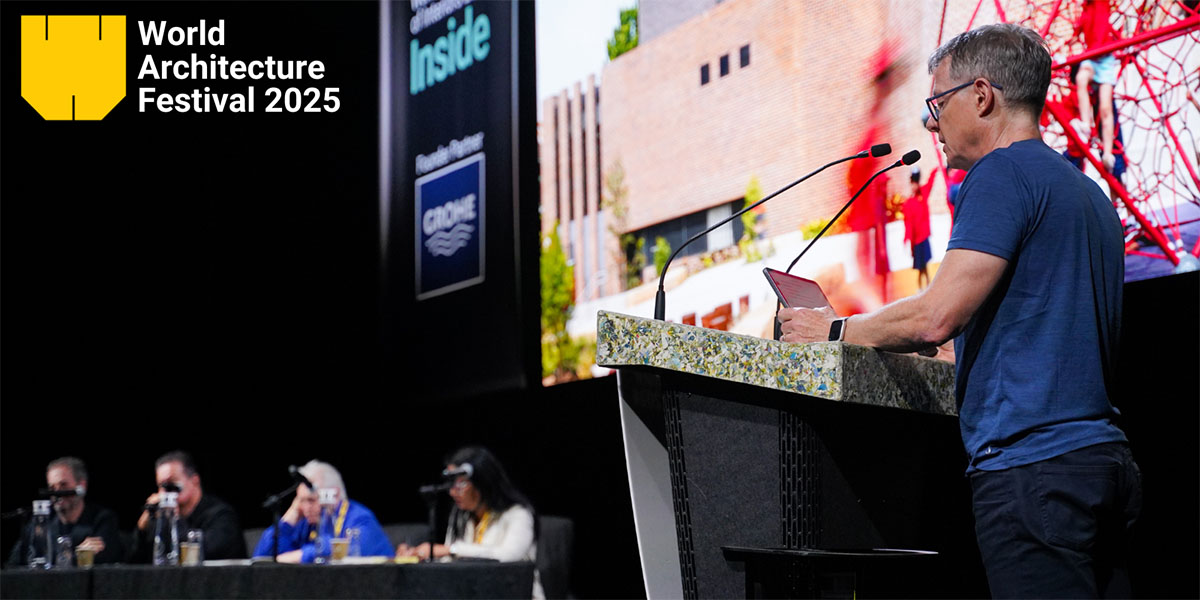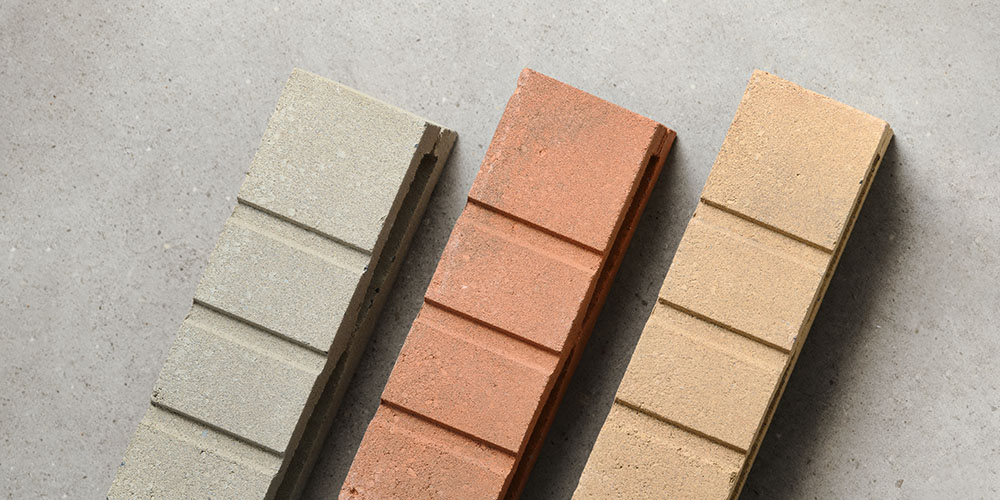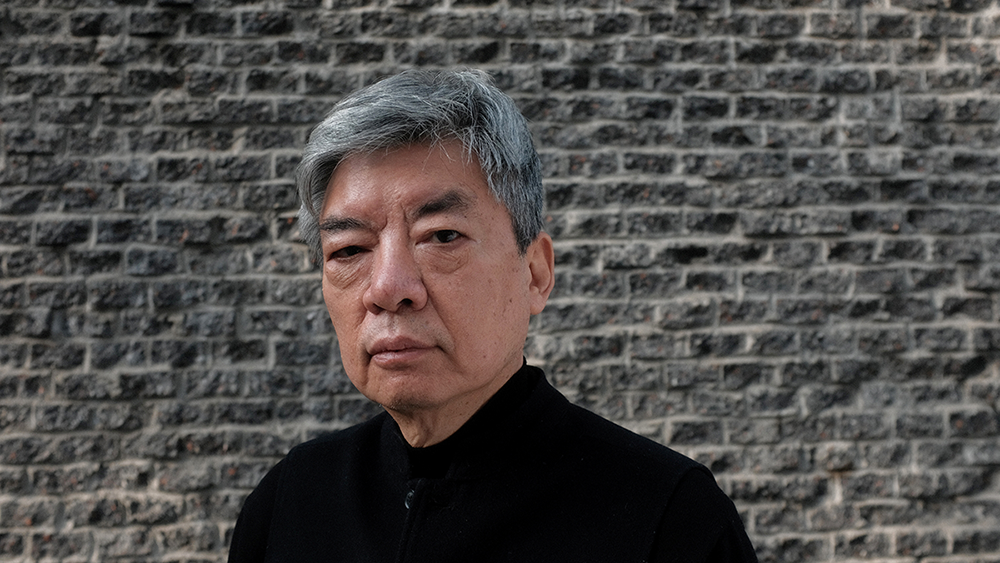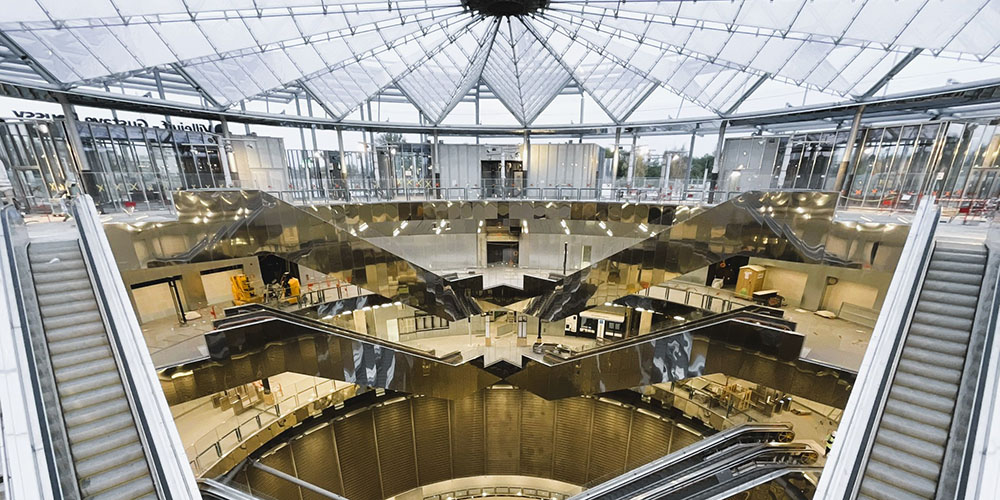Taisugar Circular Village (TCV) by Bio-architecture Formosana (BaF) – a Taiwan based firm with expertise in architecture, interior design, and sustainable architecture – stands as Taiwan’s inaugural residential project fully integrated with circular economy principles. The development includes three housing blocks, a Circular Demo House (C-House), and an Eco-House (E-House), collectively accommodating 351 rental units, an urban farm, and an eco-pond located at the heart of the courtyard.
TCV’s design addresses modern living needs while fostering a close-knit community. Residents treat their units as personal rooms, utilize the E-House as a communal kitchen, and enjoy the C-House as a shared garden space.
Flexibility and adaptability are crucial in designing for circularity. TCV’s design emphasizes modularization and a service-oriented approach to appliance supply, all coordinated through a building passport for optimal efficiency.
The three housing blocks feature a repetitive balcony façade system, showcasing modularization. Prefabrication played a key role in construction, minimizing on-site material waste. The external façade, made from pre-cast modular panels, uses components connected with nuts and bolts for easy future disassembly.
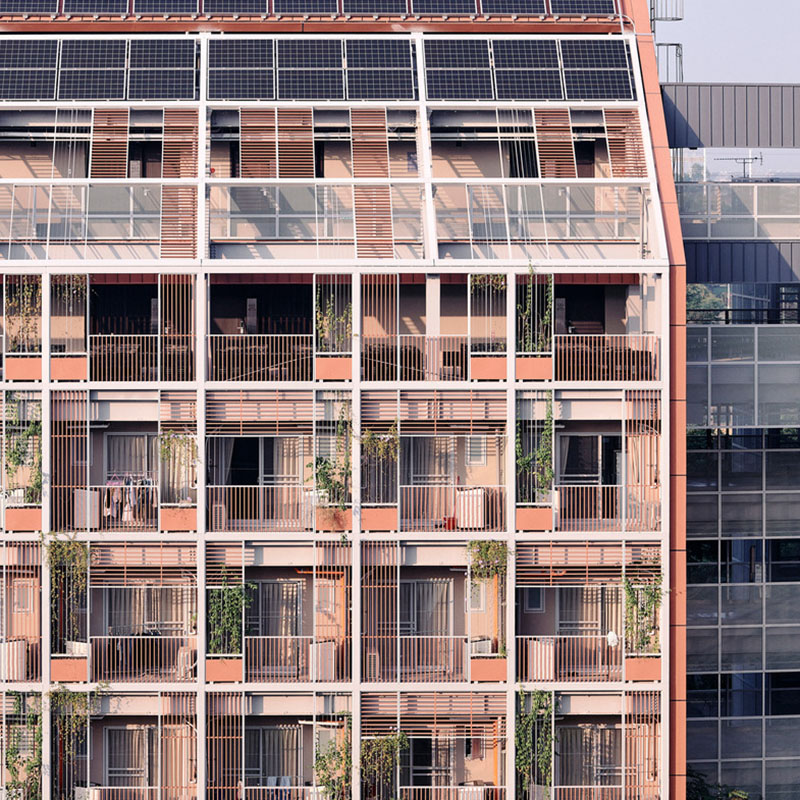
The prefabricated balcony system resembles a curtain wall, and modular hollow core slabs form the floors, reducing the need for numerous smaller beams compared to traditional decking systems. This modular approach enhances the potential for future reuse and repurposing, extending the lifecycle of materials within the value chain.
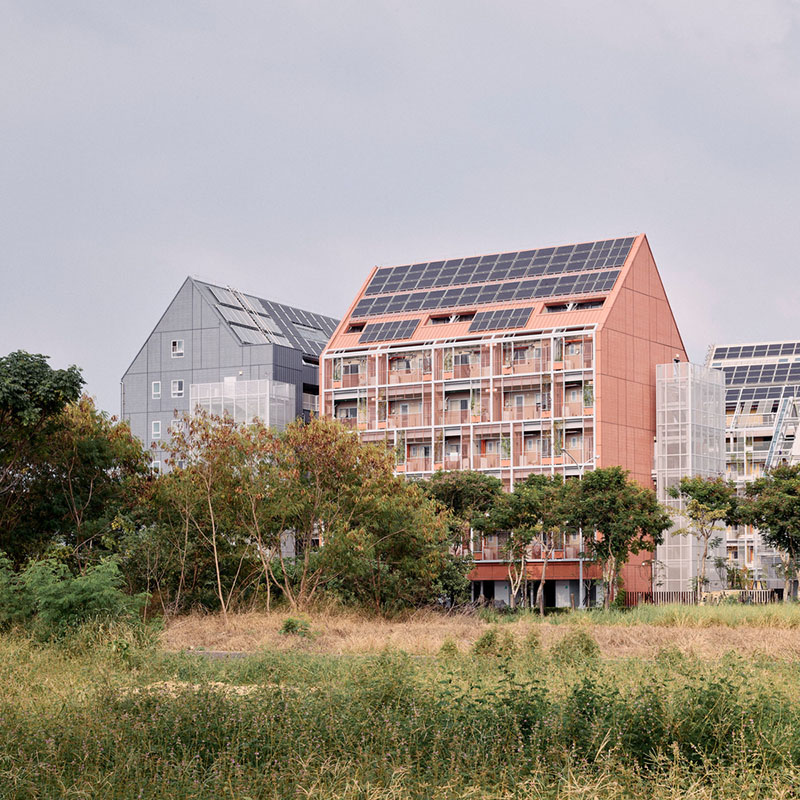
Each material in TCV is assigned a unique ID in a material passport, ensuring its lifecycle continues post-demolition. TCV is structured in six distinct layers: foundation, structure, façade, system, partition, and appliances, allowing for isolated repairs without affecting other components. In 2022, TCV’s energy consumption was approximately 50% lower than anticipated, thanks to its renewable energy systems, further detailed in the sustainability section.
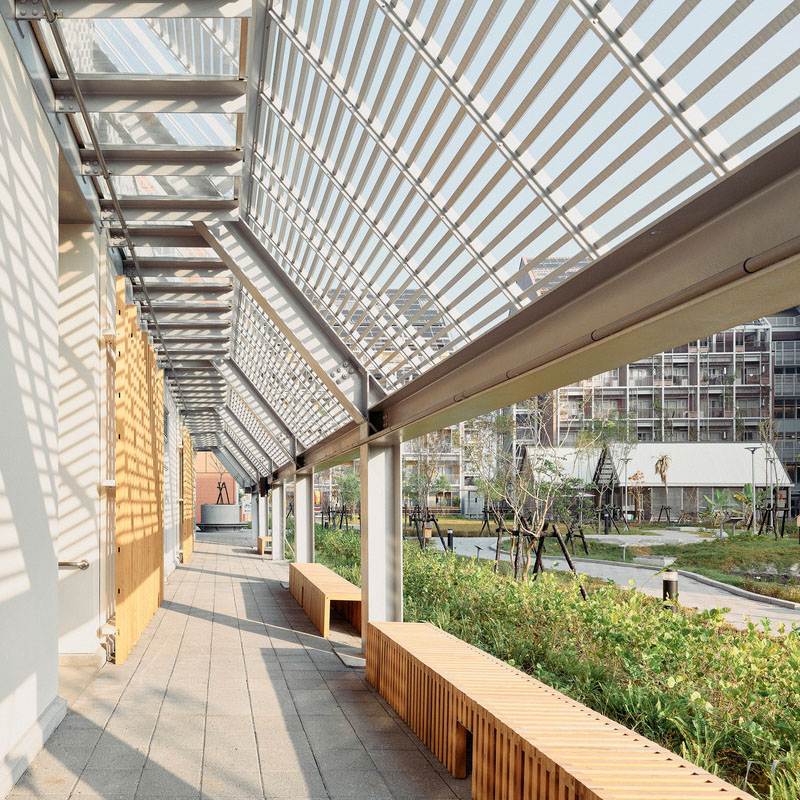
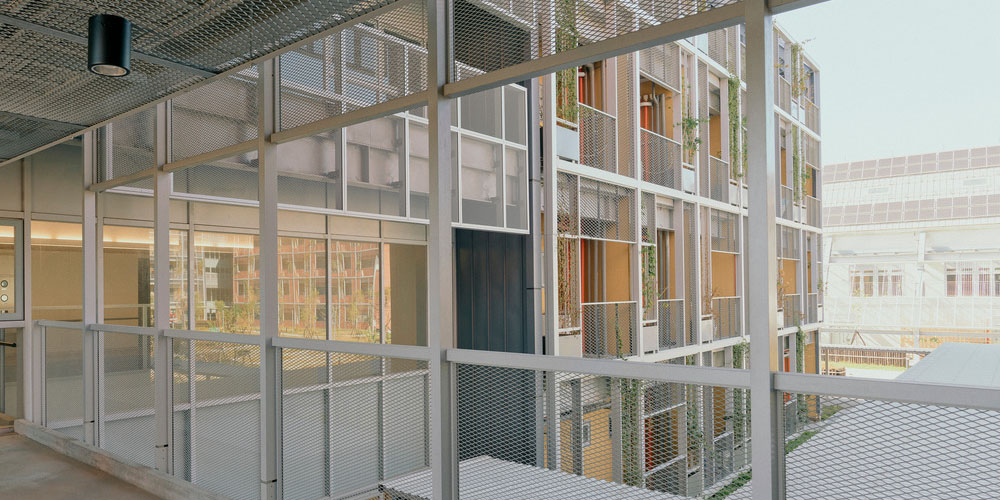
TCV challenges traditional appliance manufacturing by adopting a service-based model. Manufacturers retain product ownership, promoting a continuous lifecycle beyond initial use. This innovative procurement model required collaboration with suppliers of furniture, elevators, kitchens, and electronic locks to create sustainable service contracts. Customizing bank contracts and user agreements from scratch was necessary to meet legal requirements while adhering to circular design principles.
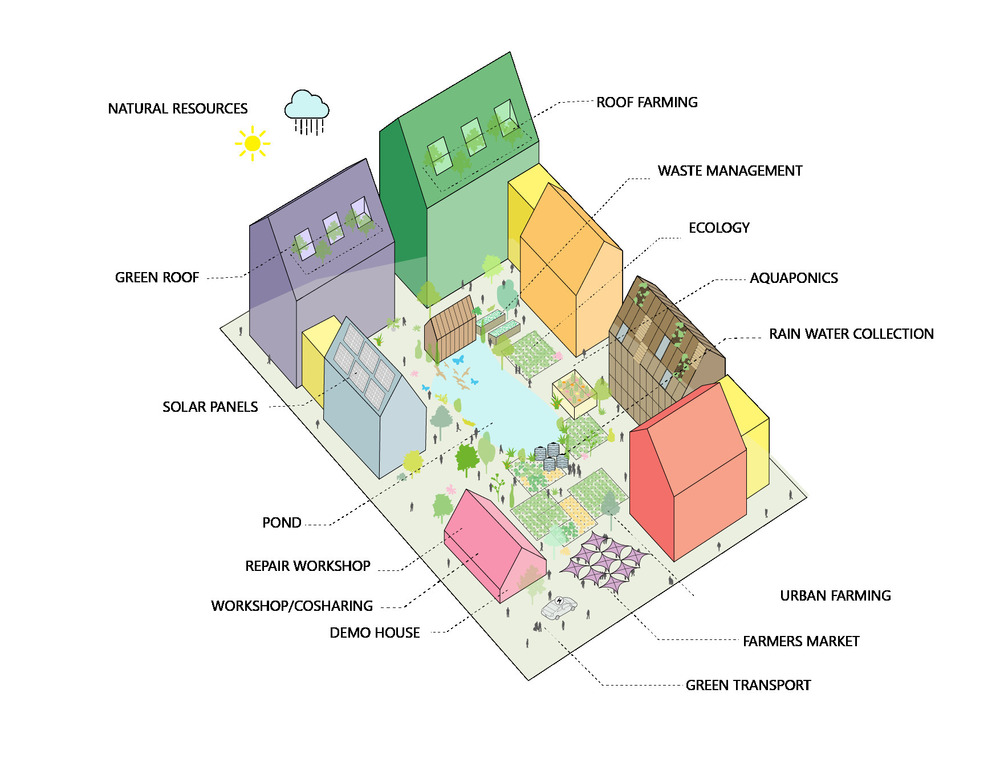
By embracing a circular economy, TCV fosters a sustainable framework that nurtures community. It transforms residents into active participants in a shared local ecosystem, reconnecting people with nature and linking consumption with production. Total carbon reduction of the Village, through its complete life cycle of 60 years, is estimated to reach 20,000 metric tons.
This comprehensive approach positions TCV as a pioneering example of sustainable architecture.
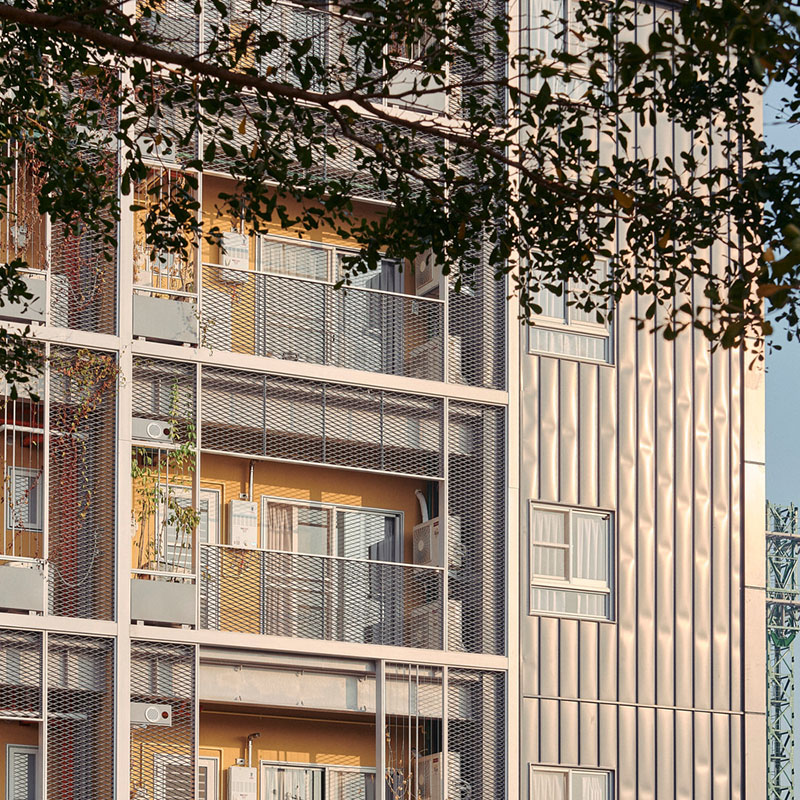
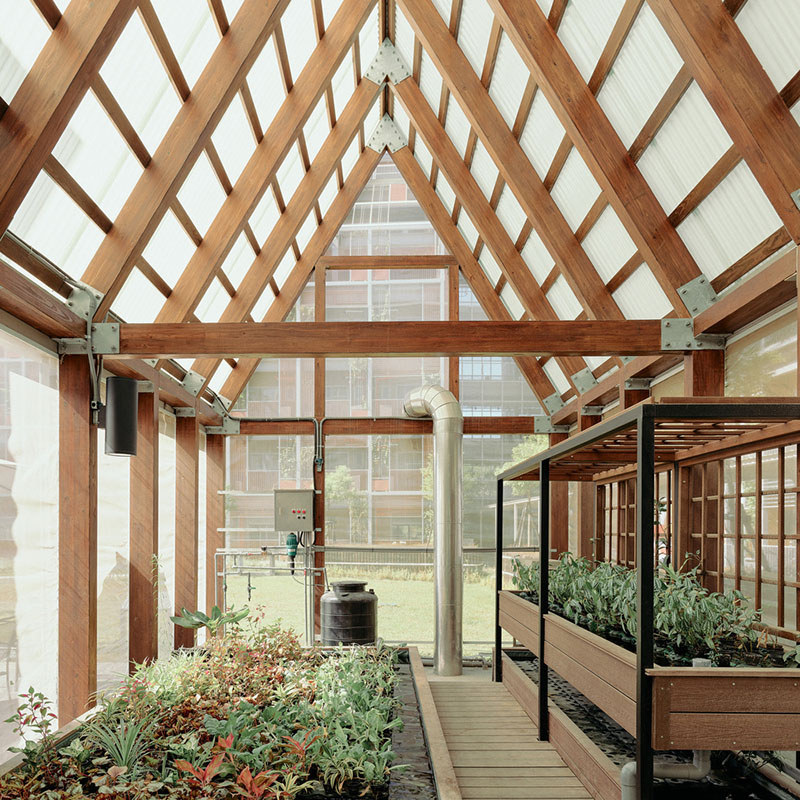
Urban farm in the Village offers a green lifestyle. With organic kitchen waste as fertilizer, rain water recycling system, and aquaponics, the Village offers more than residential services, it’s a place for residents to interact and experience a sustainable lifestyle.
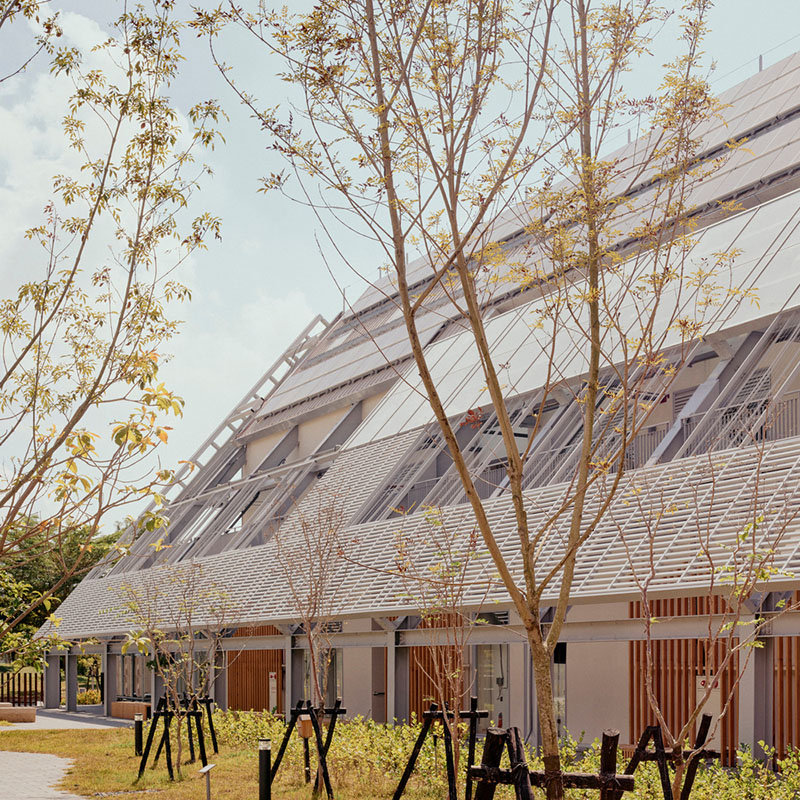
TSC has been gradually constructing circular rental housing in northern, central, and southern Taiwan, stimulating innovation in the construction industry and fostering consensus. This serves as a strong support for the development of circular housing and circular cities, thereby enhancing Taiwan’s overall competitiveness in the construction industry.
Photo credit: Studio Millspace

